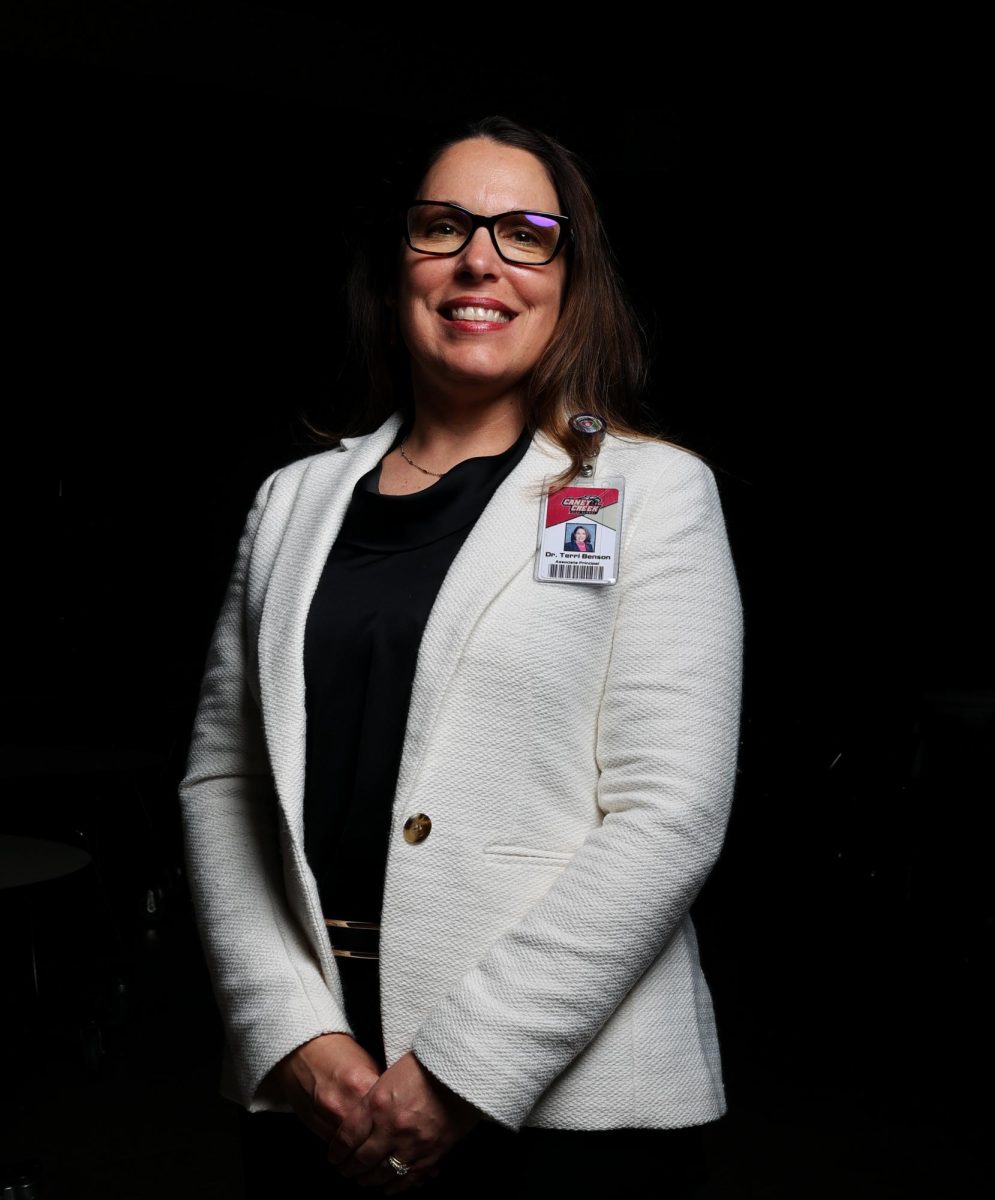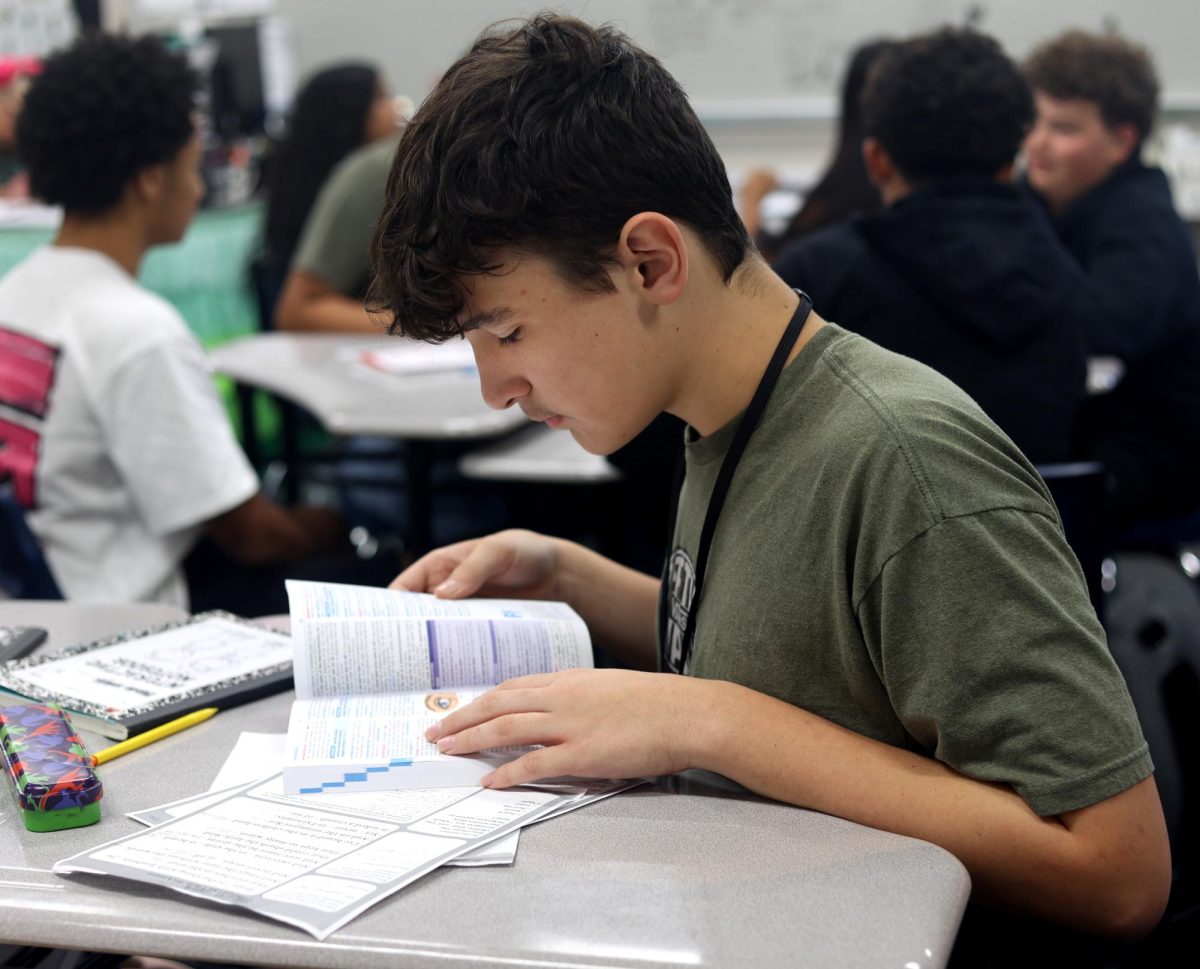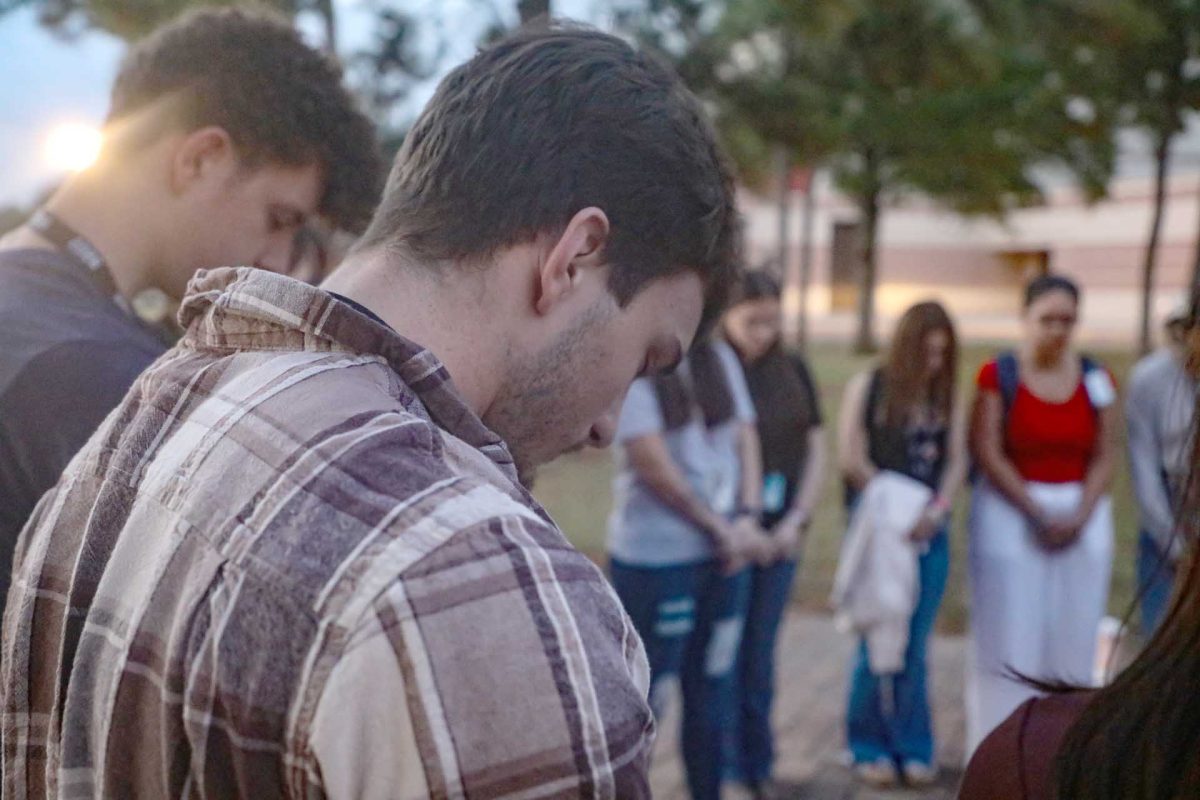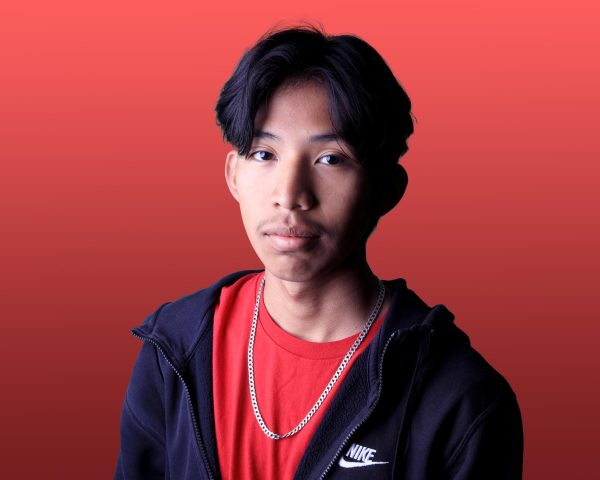Dr. Terri Benson, principal at Caney Creek High School, answers about the new exemption policy.
How did the new exemption policy come about in the district?
TB: Exemption policies are created by a campus committee on each high school campus. Each high school campus has a slightly different exemption policy. Our policy was created by the faculty of Caney Creek High School to better establish the needs of the students at Caney Creek. Because each of our high schools have a different student body, and different expectations of that student body, different exemption policies look a little different on each campus.
What were the goals or objectives in meeting this policy?
TB: The goals and objectives were one we wanted to encourage. First of all, final exams at the high school level exist to prepare students for tests outside of high school so to prepare students to take a summative test like a welding exam like out in the industry, or an electricians exam out in the industry or cosmetology exam out in the industry. It’s a cumulative exam of a lot of information. Well, if we don’t work, while students are in high school, how do you adequately prepare for a cumulative exam? When they go try and take those exams for a career purpose, they don’t do well. So we at Caney Creek had been very relaxed in our exemption policy. Basically, if you were passing and had less than 10 absences, then you didn’t have to take a final. What we found is that our students lost the ability to be able to take a cumulative exam, which was affecting their employability. The faculty felt like we were setting students up for failure in life because we weren’t expecting them to take a cumulative final exam. They weren’t getting that practice of “How do I prepare for an entire semester and then sit for a cumulative exam? Because we were so relaxed. So the question then became, well, if I have a student that prepares every test and makes A’s on every test, and is in class all of the time, do I really need to sit for an exam?” because they already have the study habits to establish they know how to study they outperform. They’re making A’s and so and they’re in class, they don’t have an attendance issue. They don’t have a discipline issue. Because if I’m in ISS, I’m missing instruction, because the ISS person isn’t teaching that content that day. That’s more instruction I’ve missed. The goal is if I’m in class, I’m getting the instruction, and I do well on the exams, then that cumulative final exam may not be as necessary for that particular student. But if a student is missing a lot of class for attendance, or the student has discipline so they’re missing instruction because they’re sitting in ISS, and they’re not performing on tests. We have to sit them for a cumulative exam to get them exposed to you will have to do this in life.
Will the policy be expecting changes in the future? Or is it being kept as is?
TB: I don’t think that it should be changed. When I look at seniors, I feel like seniors should be able to exempt all classes. It’s a senior privilege as long as you’re passing, the key is a semester average of a 90 or greater with four or fewer absences. If I can make an A average with the first and second nine weeks in that semester class, right then, and I have four fewer absences, and I’m not tardy, I should be able to be exempt. I don’t think that needs to be changed.
We have a highly impoverished or a high at-risk school. When we lower the bar, then we create a larger gap for our students. We have to treat our students like all students to make them competitive. Because out in the world, no one cares about our backgrounds. Out in the world, it is a competition with everyone. We need to prepare our students for the real world. That’s why we go to school is to create productive citizens in the world. If we lower the bar, then we just extend the gap. By creating this policy, our faculty said our students can do this. This was a belief of the faculty in our students. Our students can meet high expectations. We don’t have to lower the bar for our students. Our students have the capacity to have high goals and we’re going to help them get there.
Have there been any concerns from students or parents in this change? If so, how were they reassured?
TB: No, which does concern me. I don’t believe that the students are paying attention to the new policy. I don’t believe the parents are reading the new policy. We’ve sent it home, we’ve sent it in emails, we’ve communicated through School Messenger. The teachers went over it the first two days of school. It’s supposed to be posted in the classrooms. No one is asking questions. That concerns me because I think people are not paying attention. It’s going to come December and they’re all going to think it’s the old policy, and they’re all going to be upset because I should be exempted. I passed the class. That’s not the policy. We’ve been posting the policy since the first day of school. The teachers went over the policies since the first day of school. I’ve communicated the policy, the policies and the handbook. That’s not the policy and I’m very concerned because I don’t think students are paying attention. I haven’t heard a single concern from a student or parent.
What resources are available to help students at Caney Creek for their exams?
TB: We have an amazing teaching staff, but also our teachers are expected to help our students. If our students need assistance in a particular class, all you have to do is ask their teacher “When can you help me and what can I do” and the teachers will be very creative in providing whatever instruction the individual student requires.
As Caney Creek’s principal do you yourself believe that this benefits our students?
TB: I do. And I believe they deserve this. I believe if we set a bar that is high but attainable, I believe our students will reach that bar and outperform other schools. I believe that and the people who wrote this policy believe that whenever we set the bar for students at Caney Creek, that Caney Creek students always rise to the occasion. This student body is the most resilient, hardest working student body I’ve ever interacted with. Whenever we raise the bar, this student body responds and always meets the expectation. When they wrote this policy, they believed in it. I believe in it. Any student that’s going to argue with it, I’m going to say “why would you want to lower the bar for yourself?” When you know you can when you know you can do it. I know you can do it, you know you can do it. Let’s make it happen.
Is there anything you would like people to know about this and the changed policy?
TB: This policy is supportive of all students and is there to provide accountability that our students are going to be prepared for post graduation plans, whether it’s career plans, military plans or college plans. This policy supports postsecondary plans. I say that because even in the military, you have to take cumulative exams. You have to take the ASVAB, you have to take career choice exams and if we don’t prepare students in high school, then they will struggle in life. I believe that this policy supports successful contributing future adults.










